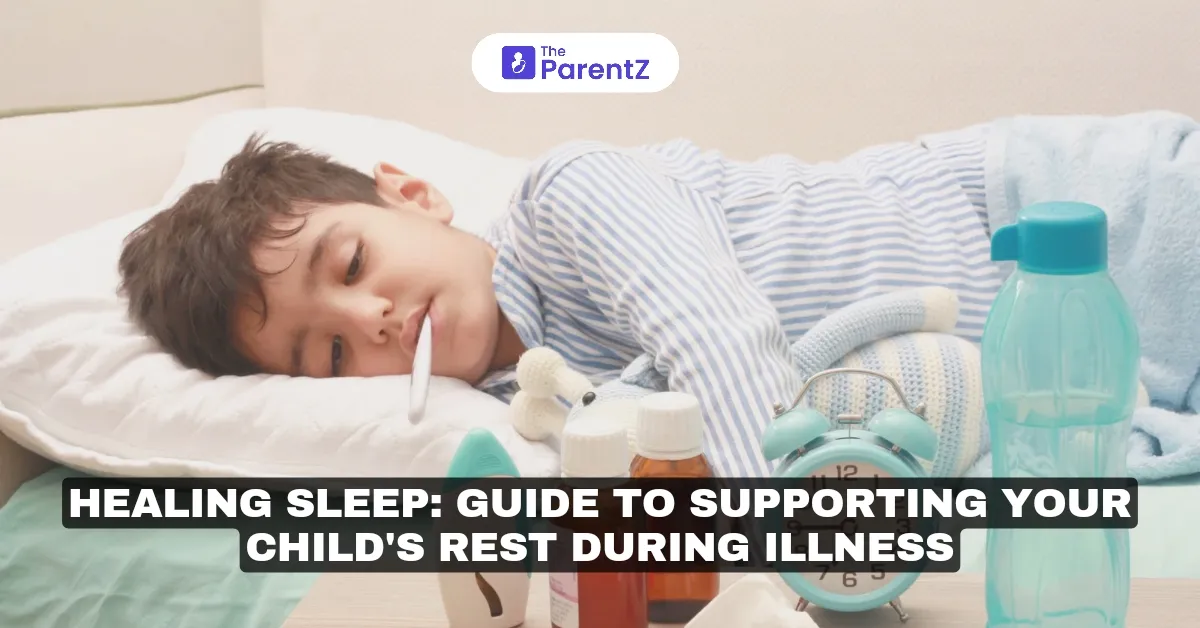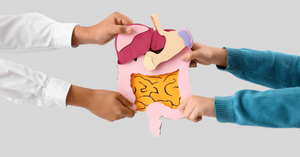As a parent, it's heartbreaking to see your child unwell. One of the most common concerns during illness is ensuring they get enough sleep. When children fall ill, their sleep patterns often become disrupted, leading to challenges for both the child and their parents. Understanding how illness affects sleep in kids is crucial for parents looking to provide comfort while ensuring their child gets the rest, they need for recovery.
The Importance of Sleep During Illness
Sleep plays a huge role in the body’s ability to heal. When children are sick, their immune systems require extra energy to fight off infections, making adequate sleep essential. Research indicates that sleep enhances immune function by promoting the production of cytokines, proteins that help combat infections. Therefore, when your child is sick, allowing them to sleep more can actually boost their recovery.
Understanding Behavioral Changes
Illness can lead to behavioral changes in children that may further complicate their sleep. Here are some common behaviors you might observe:
- Increased Irritability: Illness often makes children feel uncomfortable and cranky, which can lead to difficulty settling down at bedtime.
- Restlessness: Symptoms like coughing or nasal congestion can cause frequent awakenings during the night.
- Fear or Anxiety: Children may feel anxious about being sick or fear missing out on activities, leading to difficulties in calming down for sleep.
Recognizing these behaviors is essential for parents to respond appropriately and create a supportive environment that promotes rest.
Strategies for Improving Sleep During Illness
Create a Comforting Sleep Environment
- Maintain a Consistent Sleep Space: Keeping your child in their usual sleeping environment can provide a sense of security. If they need extra comfort, consider sleeping on a mattress or blanket next to their bed rather than bringing them into your own bed.
- Optimize Room Conditions: Ensure the room is cool, dark, and quiet. Use blackout curtains and a white noise machine to mask disruptive sounds.
- Use Humidifiers: If your child has a cough or nasal congestion, running a cool-mist humidifier can help ease breathing difficulties and promote better sleep.
Adjust Sleep Routines
- Listen to Their Cues: When your child is sick, they may need more rest than usual. Allow for additional nap times during the day and be flexible with bedtime routines.
- Shorten Bedtime Routines: While it’s important to keep some structure, you can simplify bedtime routines during illness. A shorter version of their usual routine—like reading a story or singing a lullaby—can still provide comfort without overwhelming them.
- Encourage Daytime Naps: If your child is feeling particularly fatigued, encourage them to take naps throughout the day. This not only helps with recovery but also ensures they don’t become overtired at night.
Manage Symptoms Effectively
Treat Symptoms Promptly: Address any discomfort your child may be experiencing due to illness. For example:
- Use saline drops for nasal congestion.
- Administer appropriate over-the-counter medications for pain relief or fever reduction after consulting with your pediatrician.
- Keep hydrated; encourage small sips of water or electrolyte solutions if they are experiencing vomiting or diarrhea.
Elevate Their Head: If your child has a cough or is congested, elevating their head with extra pillows can help reduce discomfort and improve breathing during sleep.
Offer Emotional Support
- Provide Extra Comfort: Children often need more cuddles and reassurance when they’re sick. Spend time with them before bed, offering comfort through gentle words and physical closeness.
- Stay Calm and Reassuring: Your demeanor can affect how your child feels about being sick. Maintain a calm atmosphere and reassure them that it’s okay to feel unwell and that rest will help them feel better.
- Avoid Sleep Training During Illness: If you were in the process of sleep training before your child fell ill, it’s best to pause those efforts until they have fully recovered. Sickness requires extra support and comfort rather than strict adherence to training methods.
Monitoring Recovery
It’s essential to monitor your child's symptoms closely during their illness:
- Keep track of fever levels and overall behavior.
- If symptoms worsen or do not improve after a few days of rest, consult your pediatrician for further guidance.
- Be vigilant about any signs of dehydration or severe lethargy; these may require immediate medical attention.
Conclusion
Navigating sleep challenges during your child's illness can be difficult, but understanding the importance of rest and employing effective strategies can significantly affect the child's recovery process. Remember, illness-related sleep disruptions are temporary. Your consistent, compassionate support creates a healing ecosystem that transcends medical interventions. Stay attuned to your child's specific needs during this time, and don’t hesitate to reach out to healthcare professionals.








Be the first one to comment on this story.